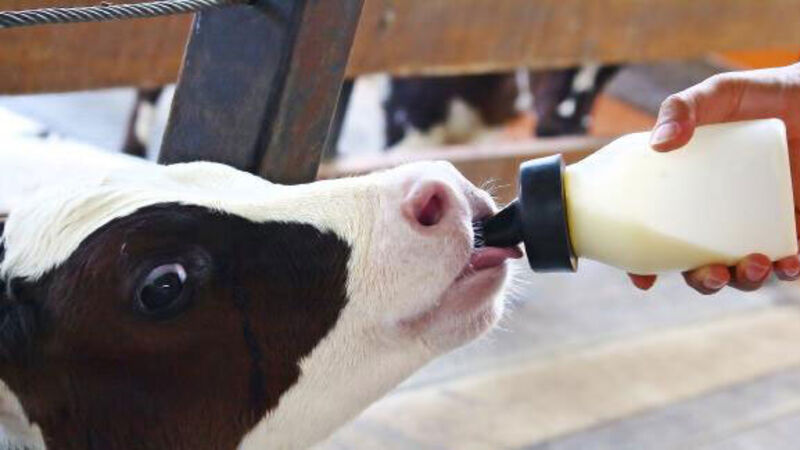Veterinary: We are seeing an increase in calf scours and pneumonia

This means that individual calf space is getting tighter, and the burden of disease is starting to explode.
We are seeing an increase in the amount of calf scour and calf pneumonia.










